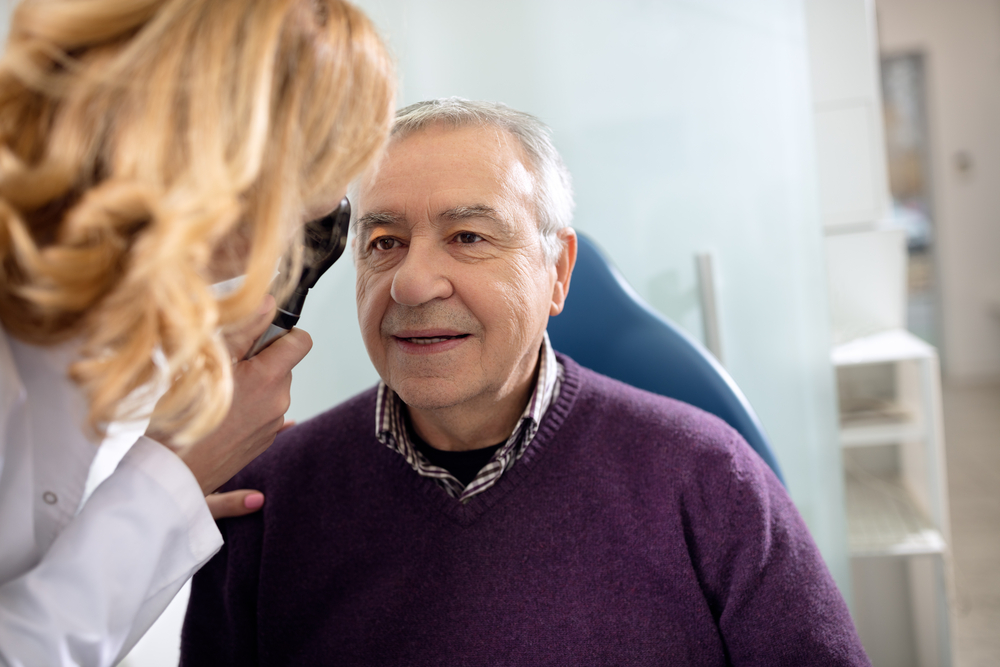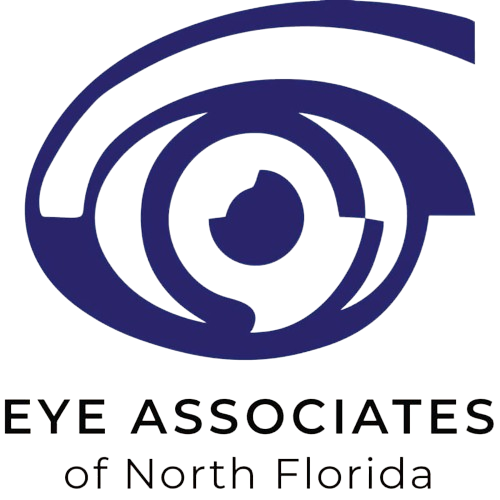What Happens During Cataract Surgery?

Cataract surgery is one of the most commonly performed medical procedures in the world. This is because it’s very common to develop cataracts as you age.
Cataract surgery is very low-risk, minimally invasive, and effective. The procedure can restore all vision lost to cataracts, so it’s worth considering if cataracts affect your ability to carry out everyday tasks and quality of life.
Keep reading to learn more about what happens during cataract surgery.
What Are Cataracts?

Cataracts occur when the natural lens of the eye becomes clouded as its proteins break down and form clumps. It is often a result of aging, but it is possible to be born with cataracts, a condition called congenital cataracts.
The older you are, the more likely you are to develop cataracts. Typically, they can start developing around age 40.
However, cataracts take a long time to develop, so they may go unnoticed for years. As time progresses, your lens gets cloudier, and you may experience symptoms like blurry vision, faded vision, poor night vision, double vision, and increased light sensitivity.
Some patients can temporarily improve their vision with glasses and contacts, but the only way to remove cataracts and permanently restore vision loss is through cataract surgery. Once your cataracts begin to impact your ability to read, drive, or navigate the world around you, it is time to consider cataract surgery.
What Happens Before Cataract Surgery?

Before cataract surgery, you will need to attend a cataract evaluation with your eye doctor at Eye Associates of North Florida. They will examine your eyes to diagnose your cataracts and discuss whether cataract surgery is right for you depending on your medical history, vision goals, and how far your cataracts have progressed.
Another important aspect of preparing for cataract surgery is selecting your intraocular lens or IOL. During the procedure, your cataract surgeon will remove your natural lens and replace it with an artificial lens called an IOL.
IOLs cannot develop cataracts, ensuring you won’t have to worry about losing your vision to cataracts again. There are many different kinds of IOLs to choose from depending on your budget, lifestyle, and visual goals.
If you choose a premium IOL, you may be able to reduce or eliminate your reliance on glasses and contacts and experience clearer vision than you ever had before your procedure. Eye Associates of North Florida offers the IQ toric, ReSTOR, AcrySof IQ Vivity, and Alcon PanOptix trifocal premium IOLs, as well as standard monofocal IOLs.
At your cataract surgery consultation, your eye doctor can help you choose the IOL that best suits your needs and goals. To prepare for your procedure, ensure you have a friend or loved one to drive you to and from the procedure, as you will need to be cleared by your eye doctor before you can drive again.
What to Expect During Cataract Surgery
Cataract surgery is a simple procedure involving only a few steps and can be performed in 10 to 15 minutes. Your cataract surgeon will begin by numbing your eyes with anesthetic eye drops.
The eye drops take effect in minutes, and a small incision will be made in the cornea to access the natural lens. Your cataract surgeon will insert a special instrument that breaks up the cataract-affected lens through the incision.
It will break apart the lens using ultrasonic waves, and then they will remove the broken pieces with gentle suction. They will insert your new IOL through the original incision and ensure it is accurately placed so you experience the best vision possible.
Eye Associates of North Florida uses the latest advancements in cataract surgery technology to provide patients with optimal outcomes. The state-of-the-art Centurion Vision System allows your cataract surgeon to remove your cataract more safely, leading to faster recovery times, minimizing risks, and improving visual outcomes.
Their ORA System with VerifEye+ Technology also increases your chances of visual freedom after cataract surgery, as it helps with IOL power selection using laser guidance and real-time data. Once the IOL has been positioned inside your eye, the procedure is complete.
There’s no need for any stitches as the incisions can heal on their own. Your cataract surgeon will place a shield over your eye to protect it while it heals.
What is Cataract Surgery Recovery Like?
Before sending you home to recover, your cataract surgeon will provide you with post-operative care instructions. They will prescribe eye drops that help prevent infection and reduce inflammation and tell you how often you need to use them.
You may experience temporary side effects like excessive tearing, red eyes, blurry vision, or a gritty feeling in your eyes. However, these symptoms typically fade quickly.
You should try not to rub or press on your eye and avoid getting it wet while you heal. At your follow-up appointment the next day, your cataract surgeon will assess how you are healing and give you a specific timeline for returning to normal activities.
Most patients can go to work and drive within one to three days after the procedure. Although full recovery usually takes around four to six weeks, most patients notice visual improvements in the first few days after cataract surgery.

Your vision will continue to improve day after day, and without cataracts holding you back, you can get back to a life of doing things you love with visual clarity. If you choose a premium IOL, you can expect to experience even clearer vision across multiple distances and reduce your need for glasses and contacts.
Then, you can bake with your grandkids, enjoy a game of tennis, or watch the leaves change color with crisp, vibrant vision, completely cataract-free.
Are you ready to improve your vision with cataract surgery? Schedule an appointment at Eye Associates of North Florida in Tallahassee, FL, today!







